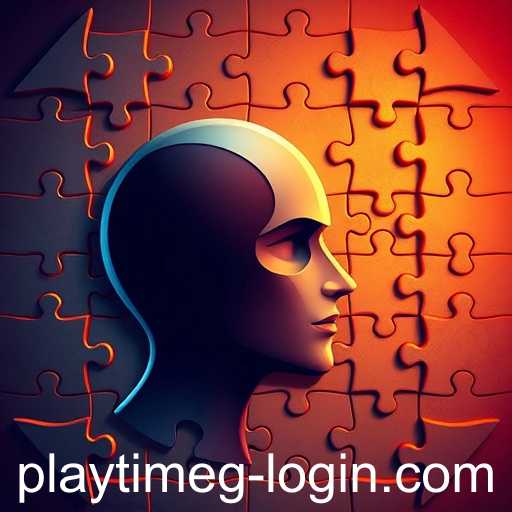Puzzle games have captivated the imaginations of players worldwide for decades. These games, celebrated for their intricate challenges and engaging mechanics, offer a rewarding experience that blends entertainment with intellectual stimulation. As interest in gaming continues to expand, one keyword has emerged as a driving force, notably in the realm of puzzle games: 'playtime games.'
The 'playtime games' keyword encapsulates the idea of engaging one's mind in a playful manner. It emphasizes the dual nature of puzzles; they are both fun and mentally invigorating. Puzzle games span across various sub-genres, including classic jigsaw puzzles, logic puzzles, and even narrative-driven experiences that require players to solve mysteries and unravel complex narratives.
One reason puzzle games maintain their popularity is their accessibility. Unlike many other game genres that may require extensive time commitment or specialized skillsets, puzzle games often offer an experience that can be easily picked up and delved into for short or long periods, making them ideal as 'playtime games.' This flexibility allows them to fit into diverse lifestyles, whether a player is sneaking in a quick session during a break or dedicating an evening to unraveling intricate scenarios.
The evolution of technology has significantly enhanced the puzzle game experience. From simple 2D interfaces to intricate 3D worlds, developers continue to push the boundaries of what puzzle games can offer. Platforms like mobile devices, consoles, and PCs have made these games more accessible than ever, ensuring a wide-reaching appeal that transcends age groups and demographics.
Furthermore, puzzle games often serve as a valuable tool for cognitive development. Studies have shown that regular engagement with these games can improve memory, attention to detail, and problem-solving skills. The keyword 'playtime games' highlights this aspect by marrying the act of play with beneficial mental exercise, guiding users to games that offer both entertainment and skill enhancement.
In the cultural arena, puzzle games have secured their place not just as a form of entertainment, but as a medium for artistic expression and story-telling. Game developers are continuously experimenting with new ways to present puzzles, often embedding them within richly developed virtual worlds and narratives. This integration allows players to experience a sense of immersion and investment that goes beyond mere logic exercises.
As the gaming industry continues to grow and adapt, puzzle games remain a staple, cherished for their variety and depth. The role of keywords like 'playtime games' will undoubtedly continue to connect players with these intellectually stimulating experiences, ensuring they remain a beloved category on numerous gaming platforms.
In conclusion, puzzle games represent a unique intersection of challenge and fun. Their capacity to evolve and adapt with technology and player needs ensures they will remain an integral part of digital entertainment. As long as there is a desire for engaging, thought-provoking content, puzzle games will continue to thrive and inspire gamers around the globe.








